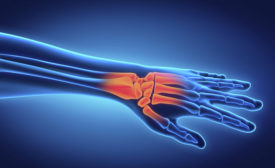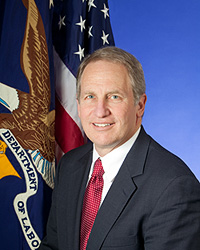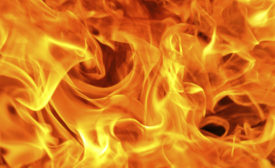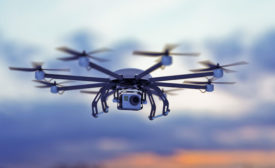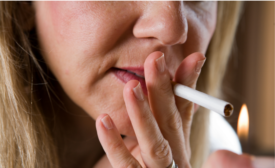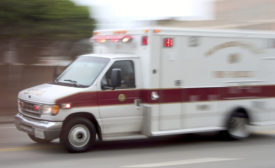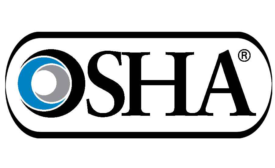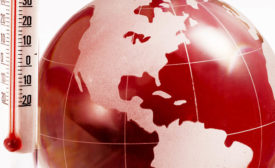News
A FairWarning story
Noisy, but that’s not all
Leaf blowers flagged as prodigious polluters -- and possible health threat
September 20, 2017
A Confined Space blog post
Disabled, used up and discarded: And conditions for poultry workers may get worse
September 20, 2017
Updating valves would have prevented serious ExxonMobil worker injuries
September 20, 2017
How drones are helping with post-Irma recovery
Hurricane response “a landmark in the evolution of drone usage”
September 19, 2017
Wait. What?
Cigarette manufacturer pledges millions to end cigarette smoking
September 19, 2017
Never miss the latest news and trends driving the safety industry
eNewsletter | Website | eMagazine
JOIN TODAYCopyright ©2024. All Rights Reserved BNP Media.
Design, CMS, Hosting & Web Development :: ePublishing
